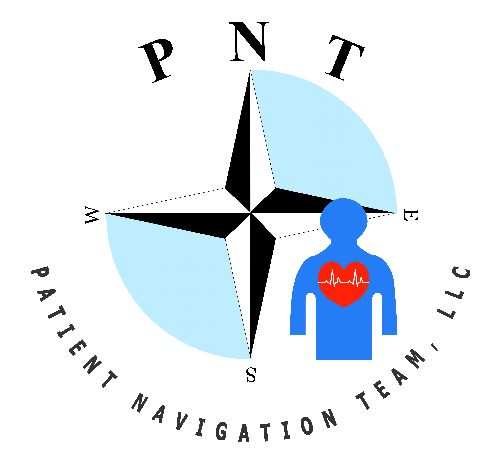Even though it is already September, we still
have plenty of warm days ahead. This is the perfect time of year to start
attending festivals and other outdoor events. Just remember, we can still
overheat easily, especially if we aren’t prepared for those warm rays of
sunshine! This can lead to serious issues for those who have medical
conditions, young kids, and seniors. Heat can be dangerous for everyone, but if
you feel yourself getting extremely warm and do not seek relief — it could lead
to serious issues.
Enjoying the heat for so long that you become
too warm can lead to dizziness, confusion, or even heart problems. Hyperthermia
is a medical term that encompasses all side effects of becoming too hot. We have listed those for you, with a brief description. Remember, don’t take any chances – call 9-1-1
if you or someone else is in danger of suffering from heat exposure. Also keep
in mind that children under the age of 3 or 4 may have difficulty telling you
how they feel. Notably, staying hydrated is key to staying safe on a hot
day.
- Heat exhaustion occurs when your body is too warm and cannot keep itself cool enough. It can cause you to feel dizzy, thirsty, nauseous, or weak. In addition to these side effects, your body temperature will seem to fluctuate, causing your skin to feel cool and clammy or extremely sweaty. Drink water and allow your body to cool down in the shade or better yet, indoors.
- Heat edema is when your ankles and feet begin to swell because you are too hot. Elevating your legs will help with swelling.
- Heat syncope is when you find yourself suddenly dizzy in hot weather, especially if you are being active. Any medication that can already cause dizziness will likely contribute to heat syncope.
- Heat cramps feel like regular cramps: tightening muscles in your stomach, arms or legs. Make sure you take breaks in the shade and drink water so that your body stays cool.
- Heat stroke is the most dangerous result of overheating. Older people who do not have proper air conditioning are at the highest risk. Heat stroke can cause fainting, a change in behavior, fever, or change in pulse. You may not sweat when you would otherwise expect to do so. If you believe you are having a heat stroke, seek medical attention immediately!
Lower Your Risk With These Tips
- Drink water! It is best to sip at it slowly and not chug. When we gulp water our body can’t use it for hydration because it is coming in too fast. If we sip it, we take it in slow enough to have it be allocated appropriately.
- Keep your home cool.
- Stay indoors or at least in the shade from 10AM-2PM, the hottest part of the day.
- If you want to go for a walk, try walking in an air-conditioned mall instead of outside. Alternatively, walk outside when you can enjoy a sunrise or sunset, taking advantage of the view and lower outdoor temperatures.
- Wear cooler fabrics such as cotton. Like we mentioned last year, consider light clothing colors and loose-fitting fabrics. This helps any breeze flow through to your skin, keeping you cooler in the heat.
- Remember sunscreen – you can still get a sunburn!
Overall, there are many ways to keep cool and
become cool if you are experiencing heat exhaustion. If you think that you
suffer from heat exhaustion but are following all the necessary steps for
keeping cool in the summer then, schedule an appointment with your doctor to
discuss your options. If you are currently experiencing any of the above
symptoms call your doctor immediately.
Stay safe and enjoy a wonderful September!
We offer our resources for further reading:
https://www.healthinaging.org/tools-and-tips/hot-weather-safety-tips-older-adults https://www.nih.gov/news-events/news-releases/heat-related-health-dangers-older-adults-soar-during-summerhttps://www.lifespan.org/lifespan-living/elderly-and-heat-dangerous-combinationhttps://www.nia.nih.gov/health/hot-weather-safety-older-adults
Hot Weather Safety Tips for Older Adults |
HealthInAging.org
Heat-related health dangers for older adults soar during
the summer
